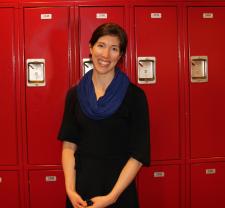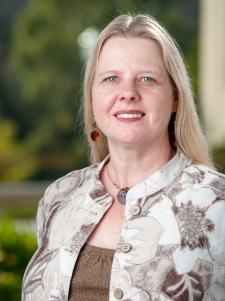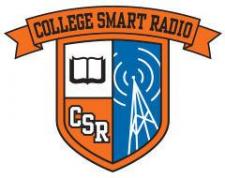Juniors: Questions to Ask when Visiting Campus
Posted on Tue, 03/11/2014 - 09:09
In the official group information sessions colleges offer, an admission officer will usually provide an overview of the college -- the school’s history, academic programs, undergraduate life, athletics, the application process, and financial aid-- followed by a question and answer session for students and parents. (Quick tip: let students lead with their questions first!)
During this Q&A, the admission officer will be able to provide you with answers about most aspects of daily life on campus— academics, housing, any special programs such as study- abroad opportunities. But don’t be afraid to have them address broader queries about the who, what, and why of the campus -- and the application process. Here are some questions you may want to ask:
• What impresses you the most in a student’s application?
• What are you looking for when you read students’ essays?
• What are some of the things you hate to see in an application?
• Is demonstrated interest a factor in your admission decision?
• Are admission decisions need- blind?
• What kind of student does well here? What kind of student doesn’t do well here?
• Did you attend this college? What has changed since you’ve been here?
• What changes do you see taking place on campus in the next five years?
















